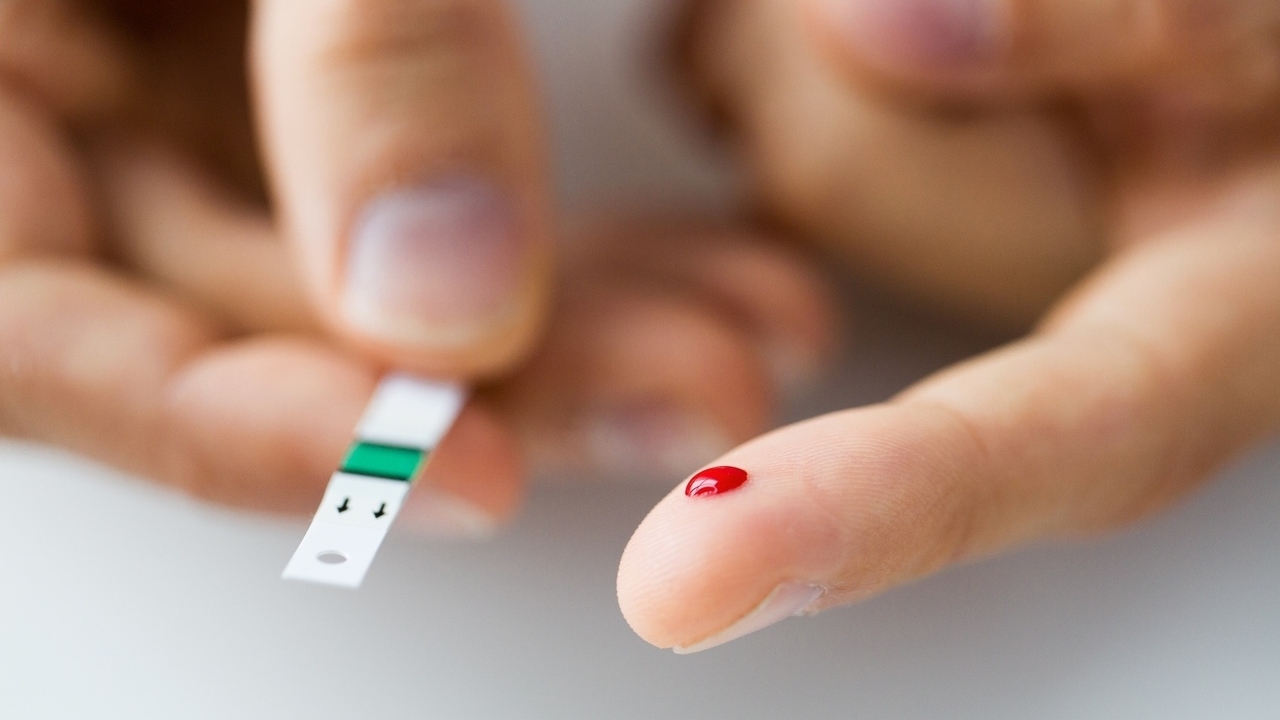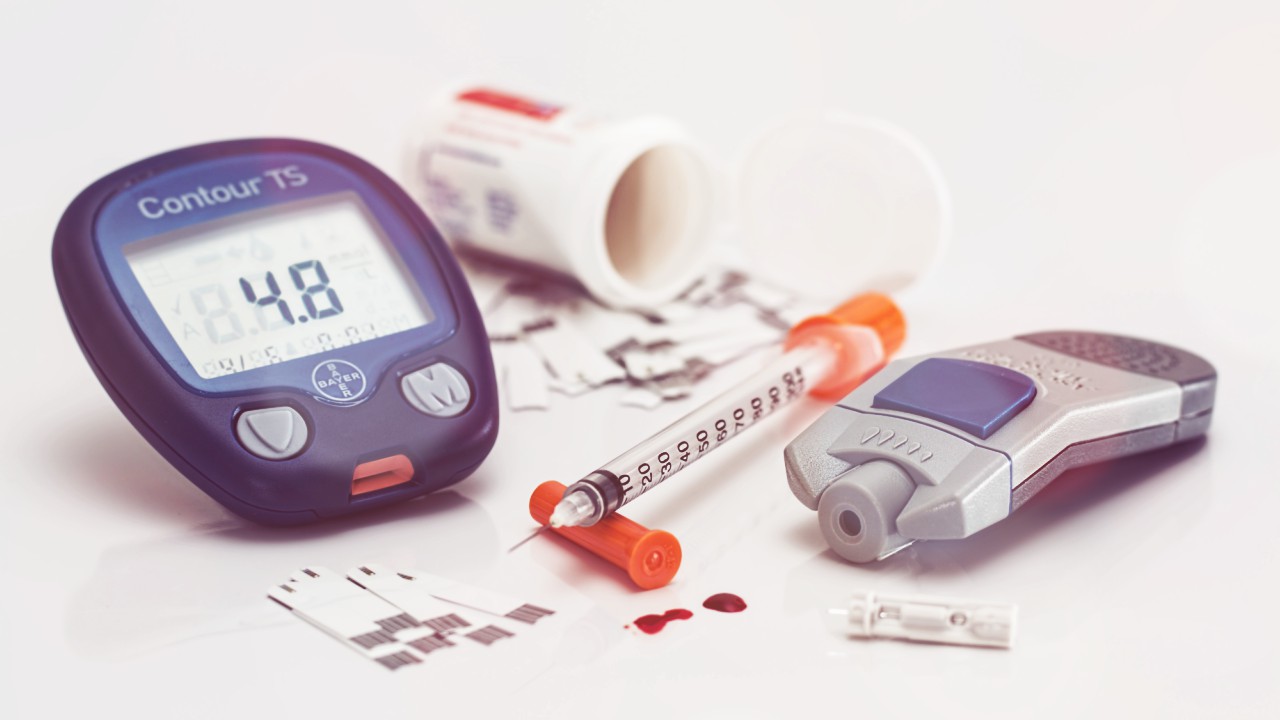There are a number of foot problems that diabetics can have. This is because many diabetics develop nerve damage (neuropathy), and as a result, have no sensation in their feet. Diabetics may even experience a change in their actual skin of the feet for this same reason. These damaged nerves once controlled oil and moisture in the feet, but since neuropathy slowly destroys any sensation - including pain or cold – problems arise.
Another problem that neuropathy brings on is a shape change in the feet. Doctors recommend therapeutic shoes when this happens. Consequently, diabetics are encouraged to exercise good foot care since big problems usually start out from small, everyday ones. For example, if calluses are not cared for properly, they build up and may lead to an ulcer. It is a good thing not to try to remove calluses yourself – by cutting them off or using chemicals to burn them off. Cutting them may lead to ulcers or infection and chemicals burn the skin.
The best advice, given by the ADA (American Diabetes Association), is to use a pumice stone daily to keep calluses under control. Use it when the skin is wet. Put lotion on your feet right after using the pumice stone. Do not put lotion between the toes. Most importantly, let a healthcare professional remove or treat all growths/ailments like calluses, corns, blisters, ingrown toenails, bunions, plantar warts, hammertoes, dry and cracked skin or athlete’s feet.
Foot Ulcer and Poor Circulation
A foot ulcer is an open sore located on the foot. If a patient has an ulcer, it is best if they seek medical attention as soon as possible. When left unchecked, ulcers can quickly get infected. The infection can even spread to the bone. After inspecting the ulcer, and possibly taking an x-ray, the doctor will proceed with the type of treatment needed.
Even after the ulcer heals, diabetics are to be very meticulous about daily foot inspections and foot care. Especially is this so when foot ulcers do not heal quickly, which may be due to poor circulation. With poor blood circulation, blood vessels located in the feet and legs become hard and thin. This is why it is an excellent reason not to smoke with diabetes. Smoking makes the blood vessels hardened and thin at a quicker pace. Medications can be prescribed to assist with this condition, however. Also, exercise helps blood circulate. Additionally, as indicated by the ADA, diabetics are more likely to have a foot or leg amputated than any other group of people.
Of course, this is due to reasons already discussed: poor blood circulation and neuropathy. However, reports reveal that most amputations are preventable with proper footwear and regular care.
Therefore, it is important to seek medical attention when experiencing any foot problems. Remember, if the shape of your feet starts to change drastically, ask about prescription shoes. If you are a smoker, please think very seriously about quitting. It could mean the difference between a sore healing, blood being able to flow as it should, and avoiding an unnecessary and preventable amputation.
Resources: American Diabetes Association, National Institute of Health
For a diversion, please read the prose poetry that relates a slice of life for one couple:
http://www.associatedcontent.com/article/2265805/wrong_number.html





Add a Comment2 Comments
I had complications in my legs from high blood sugar, I have been trying to lose weight
August 5, 2013 - 3:17pmfor a long time and have lost 25 lbs. The problems in my feet have almost incompletely gone away.
This Comment
Diabetes swollen legs effected a member of my family in India and it was treated in time to stop the damage to the nerves. I would highly suggest that if you have diabetes swollen feet to take it extremely serious. There are many people in India who are losing the lower limb to the illness.
June 17, 2013 - 3:14pmThis Comment